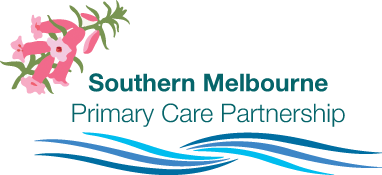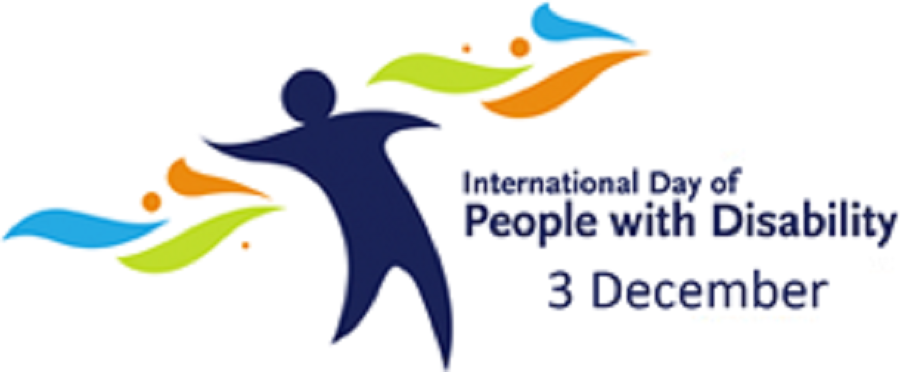International Day of Persons with Disabilities
Women and girls with disabilities are twice as likely to experience violence throughout their lives in comparison to women and girls without disabilities. More specifically, over one third of women with disabilities will experience some form of intimate partner violence throughout their lifetimes.
Across the 5 local government areas of the SMPCP catchment women with disabilities make up an average of 3.84% of the population. That's over 12,500 women at increased risk on our watch.
Women with disabilities are often deprived of the equal realisation of their human rights. This is because of the lesser status attributed to them by society, or as a consequence of different types of discrimination. Women with disabilities face multiple and intersecting forms of discrimination based on their gender as well as their disability – these are often in the areas of education, work and employment, family and reproductive rights, health, violence and abuse.
Women with disabilities experience violence at a higher rate, for longer periods of time and are less likely to report the abuse, than women without disabilities. Women with disabilities encounter significant barriers to receiving appropriate services and justice responses to their experiences of violence and these barriers contribute to women with disabilities from realising their full human rights.




